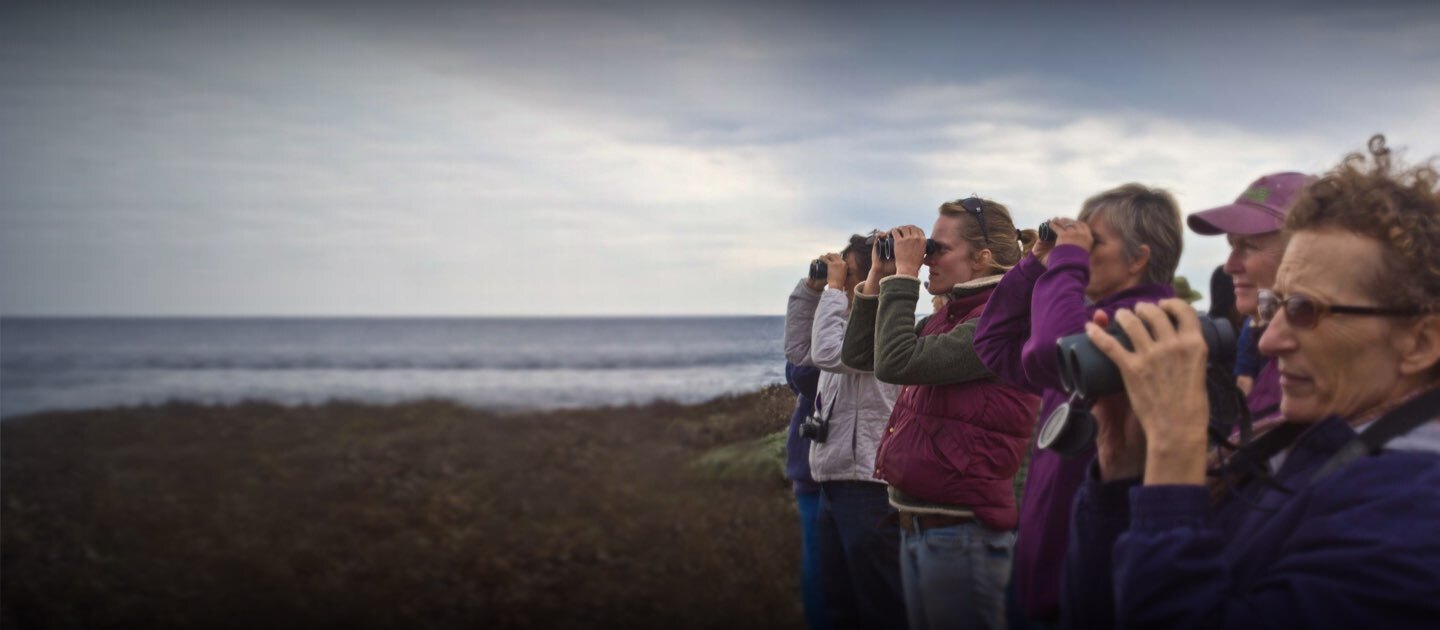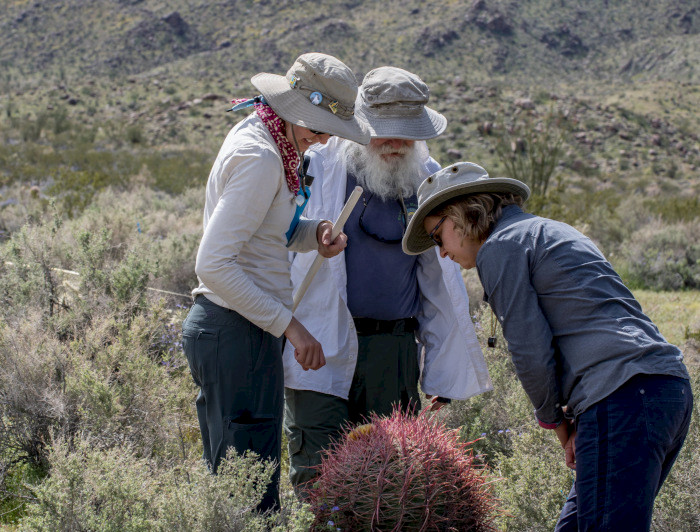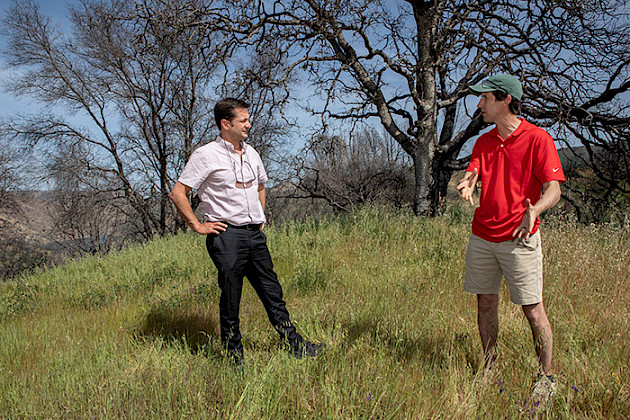
UC Chile signs an agreement with the University of California and its 41 nature reserves for joint research
To promote collaborative studies and investigate the causes and effects of climate change on biodiversity, to monitor socio-ecological processes in arid lands, forests, valleys, and coastal ecosystems, as well as establishing exchange programs for faculty, staff, and graduate students for research and training are some of the topics of this memorandum of understanding (MOU) that was signed with the American institution, which manages the largest university system of natural reserves in the world

photo_camera The system of natural reserves (NRS) has an area of about 306,000 hectares, and is the largest managed by a university at an international level. (Image: University of California)
To promote joint research in various areas - such as the causes and consequences of climate change, the interaction between humans and their environment and health, socio-ecological processes and their effects on ecosystems such as forests, valleys, mountains, and coastal areas, among others - the Pontificia Universidad Católica de Chile (UC Chile) and the University of California signed recently a memorandum of understanding.
The memorandum of understanding (MOU) includes the possibility of developing comparative research integrating the 41 protected reserves administered by the United States University in California.
The system of natural reserves (NRS) has an area of about 306,000 hectares, and is the largest managed by a university at an international level.
UC Chile will contribute with its seven regional centers and stations located in unique ecosystems in the Southern Hemisphere, which have similarities with the ecosystems of the NRS.
Both institutions will be able to share results of studies carried out in these reserves and stations, thus strengthening and integrating the actions of monitoring, research, teaching, and exchange programs.
"This agreement highlights the significance of our network of field stations. We are very enthusiastic about the strong support from UCNRS to move forward with this agreement, which is clear evidence of the mutual benefit we will gain by working together. We look forward to performing joint and comparative research that will allow us in the future to cover a wide range of latitudes along the Pacific Ocean. I am sure that future innovations will emerge from this collaboration and joint training," concludes Pedro Bouchon, Vice President of Research at UC Chile.
One of the central issues of this agreement refers to the learning and knowledge that can be extracted from the experience that NRS has had in its more than 50 years of operation. This may be of special interest to UC Chile in the institutionalization process that the university has begun in this domain.
"We're thrilled to be able to partner with such a highly respected institution and its diverse network of field stations," says Michael Kisgen, Associate Director of the UC Natural Reserve System.
"This agreement provides students and scientists from both organizations access to a range of environments that are distinct but remarkably complementary."
The five areas of action

The agreement promoted by both institutions establishes the commitment to advance in five areas:
- Socio-ecological and ecosystem processes in arid lands, forests, valleys, mountains and coastal ecosystems.
- Social sciences to better understand human-environment interactions.
- Global change and land-sea interactions, including the causes and effects of climate change on biodiversity, desertification, disasters and, in general, ecosystem services.
- Nature-based solutions for environmental issues and human health, including the one health concept and knowledge on system-network reserves.
- Sustainable management of biological field stations and marine laboratories.
"We are very interested in the institution UCNRS has built, driven by faculty," says Sergio Guitart, executive coordinator of RCER UC Chile.
"There is much knowledge in governance, management and administration to catalyze instruction, research and public engagement for UC Chile regional centers and field stations."
The MOU will also encourage:
- the design of shared monitoring programs in varied ecosystems (e.g., dry lands, temperate forests coastal ocean),
- the exchange of faculty, staff, and graduate students for research and training where funding for such activities becomes available;
- to promote hands-on training courses for undergraduate and graduate students;
- and the creation of joint undergraduate and graduate courses and workshops that promote transdisciplinary to be offered to the University of California and UC Chile students.


